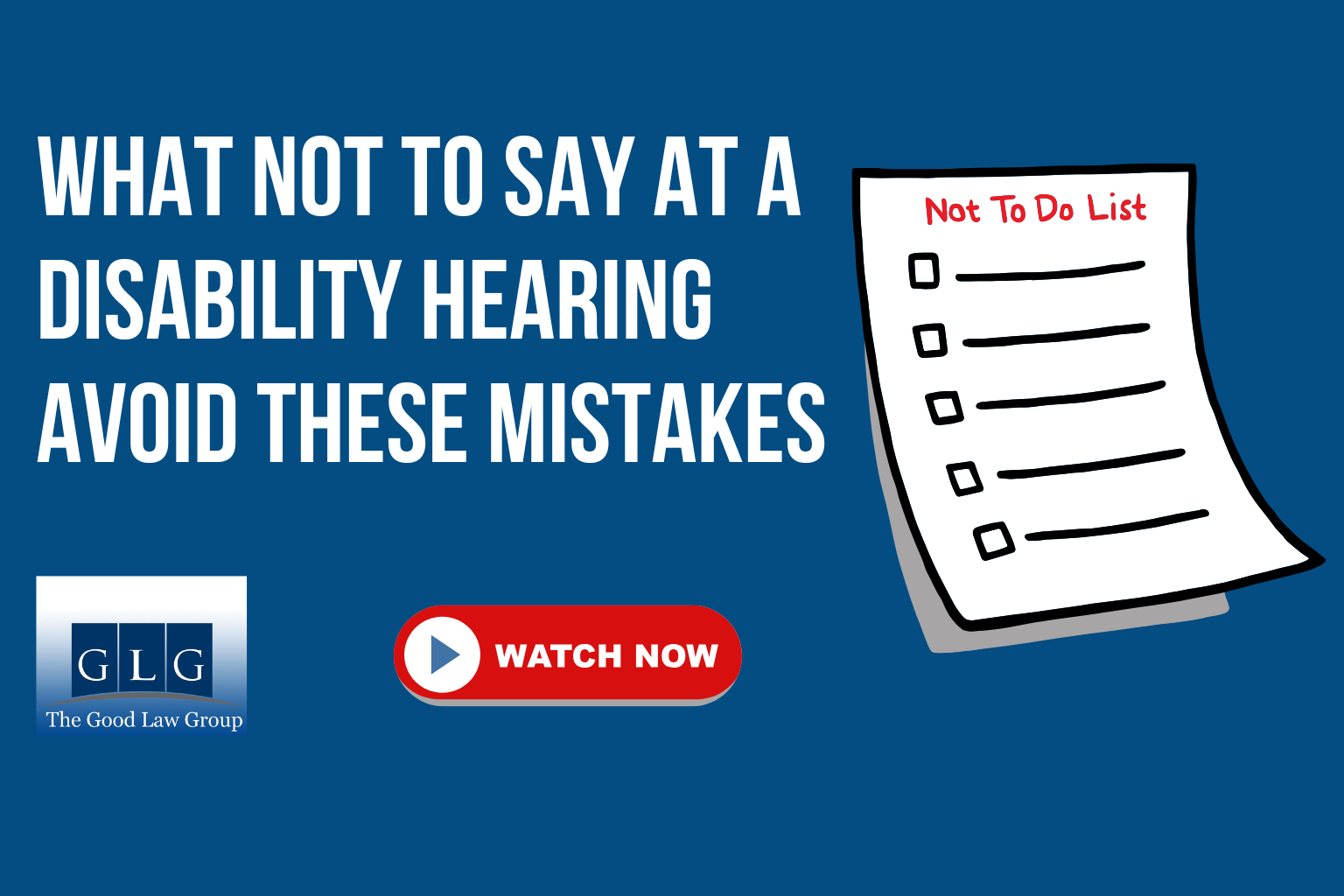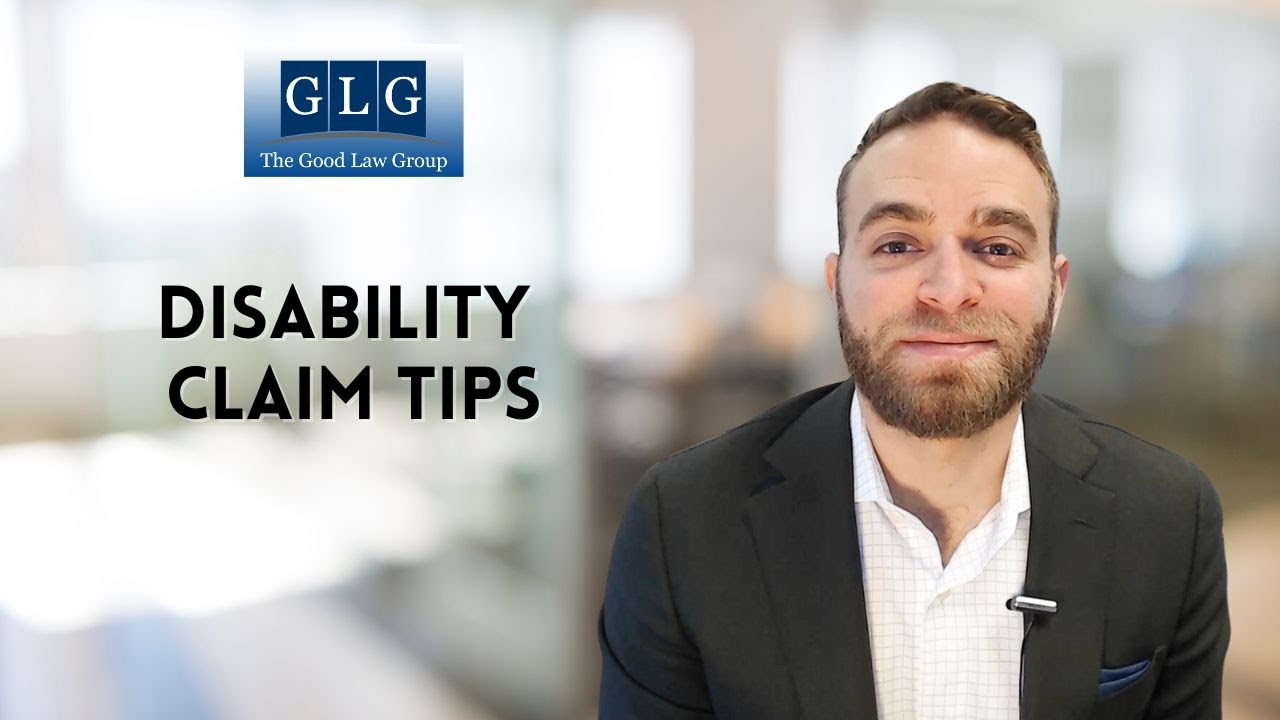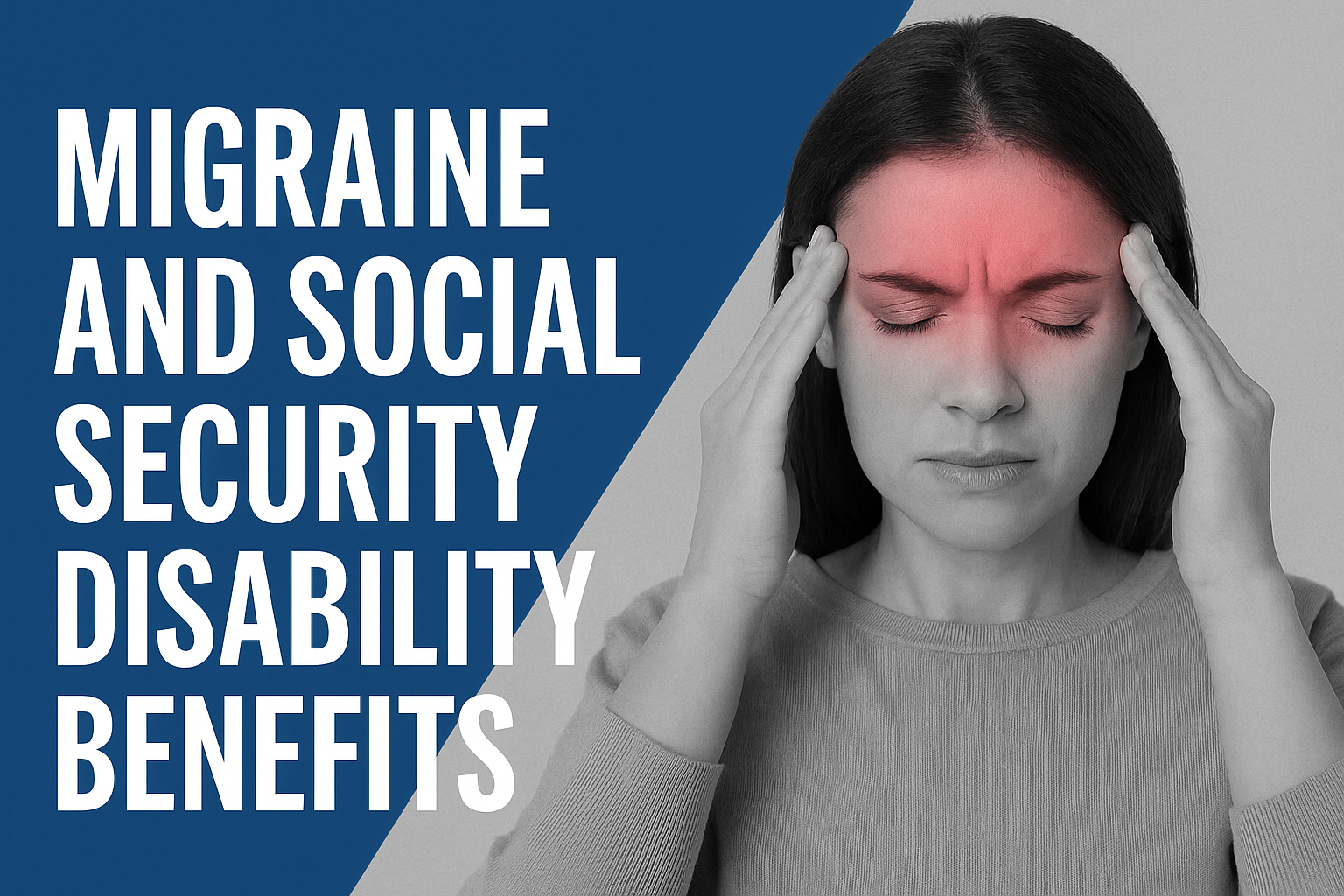Depression is one of the most common mental health disorders in the United States. In 2020, the National Institute of Mental Health estimated that 21 million Americans (8.4%) ages 18 and older experienced at least one major depressive episode. Depression often exists alongside other mental health disorders. According to the Anxiety and Depression Association of America, approximately 50% of people diagnosed with depression also have generalized anxiety disorder.
Whether alone or combined with one or mental health disorders, depression can be crippling. For some people, a combination of therapy, medications, or other treatments can help manage depression, allowing them to function and participate in everyday activities.
But for others, their depression severely and negatively impacts their ability to fully participate in activities of daily living and leaves them unable to work. Individuals who suffer severe depression may be eligible for social security disability benefits.
Social security disability and depression
The Social Security Administration (SSA), which administers the social security disability (SSD) program, lists more than 100 medical conditions and disabilities that qualify applicants for disability benefits. Known as the Blue Book, it includes a listing for depressive disorder. Like all Blue Book listings, depressive disorder has a list of criteria applicants must meet to be qualify for SSD benefits.
To be eligible for disability benefits based on a diagnosis of depressive disorder, your medical records must document a history of the following:
1. Five or more of the following:
- Depressed mood
- Diminished interest in almost all activities
- Changes in appetite combined with weight loss or weight gain
- Sleep disturbances
- Observable changes in movement that serve no functional purpose (psychomotor agitation, i.e., tapping toes or pacing)
- Decreased energy
- Feelings of guilt or worthlessness
- Difficulties concentrating and/or thinking
- Thoughts of death or suicide
AND
2. Either one of the following:
a) Extreme limitation of one, or marked limitation of two, of the following:
- Ability to understand, remember, or apply information
- Ability to interact appropriately with others
- Inability to concentrate, persist, or maintain pace
- Inability to adapt or manage oneself
b) Serious, persistent, documented depression that has lasted more than two years and:
- Have participated in ongoing treatment that has decreased signs and symptoms of depression, and
- Have minimal capacity to adapt to changes or demands that are not already part of daily life, i.e., you can interact with people with advanced notice, but cannot interact if they are unexpected
In addition to these disability-specific criteria, applicants seeking disability benefits based on a depressive disorder must also meet the SSA’s general eligibility requirements. This includes proof, as documented in your medical records, that the depression has lasted, or is expected to last, at least 12 months, and that it interferes with your ability to participate in substantial gainful activity. In 2022, the SSA considers substantial gainful activity as earning more than $1,350 per month ($2,260 if the person is statutorily blind).
Because most people who suffer from depression can continue working, obtaining SSD benefits for depressive disorder alone is difficult. In cases where your depression does not meet the SSA criteria, you may still qualify for disability benefits by showing that all of your medical conditions meet or exceed a listing or that your condition prohibits you from performing your job duties.
To learn more about how this process works, watch this short video.
Meet or exceed a disability listing
If you don’t meet the SSA criteria for depressive disorder, you may still qualify for disability benefits if you can show that all your medical conditions, when looked at together, meet or exceeds a listing.
As mentioned above, people diagnosed with depression are often diagnosed with additional mental disorders, such as anxiety. Individually, your depression and anxiety may not meet the SSA’s disability criteria. The symptoms of each of those conditions combined, however, may be sufficiently serious to prove that they prevent you from working.
Multiple conditions don’t need to be related, however, for the combined effects to qualify for disability benefits. The Good Law Group has had success getting clients disability benefits at an administrative hearing by proving the combined effects of an applicant’s physical and mental impairments are greater than the effects of any one single impairment.
Residual functional capacity and depressive disorder
If your depressive disorder doesn’t meet the SSA criteria, you may still be eligible for disability benefits based on your residual functional capacity, or RFC. The SSA will assess what type of work you can perform, if any, despite your disability or medical condition. During an RFC assessment, the SSA will determine your work level. Work levels range from sedentary, meaning you are typically seated and required to lift no more than 10 pounds, to very heavy work, which means you can lift more than 100 pounds.
When conducting the RFC, the SSA will take into account your medical history, including treatments you have tried and your response to them; impressions from family or co-workers who can speak to how your depression negatively affects your ability to perform activities of daily living; performance evaluations, and; doctor’s notes.
You must also complete a residual functional capacity form. This form lets you describe what you can and cannot do despite your disability. When completing the form, think of how your condition interferes with your ability to perform on your worst day. This will give the SSA an accurate picture of your ability to perform work-related tasks and how your disability or medical condition interferes with your ability to work.
The Good Law Group has more than 30 years of experience handling social security disability claims. We can assist at any stage of the process, from the initial application to administrative or federal appeals. If we accept your case, we only take a fee if you are awarded benefits. Call us at 800-419-7606 to schedule a free case consultation.









